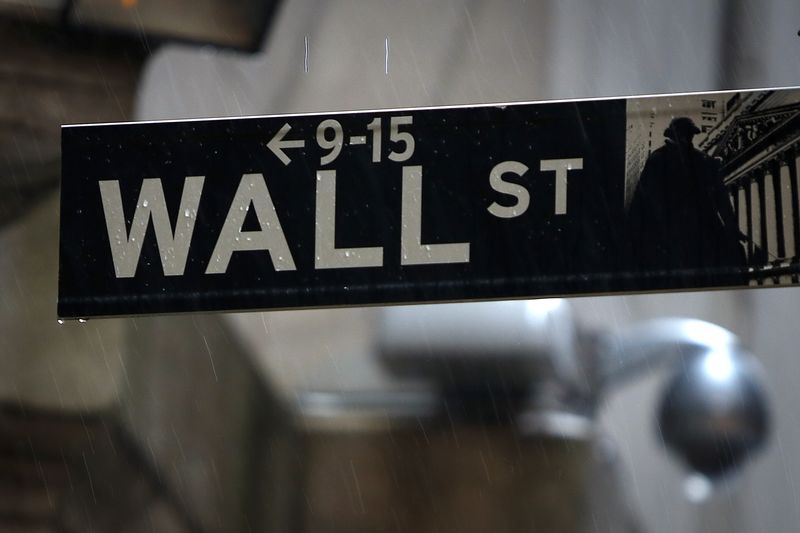By Geoffrey Smith
Investing.com -- U.S. stock markets opened mostly lower on Friday, after disappointing retail sales and industrial production data both pointed to the effects of sustained inflation on both consumers and industry.
By 9:45 AM ET (1445 GMT), the Dow Jones Industrial Average was down 285 points, or 0.8%, at 35,829 points, while the S&P 500 was down 0.3%. The tech-heavy Nasdaq Composite meanwhile eked out a gain of 0.2%, outperforming on perceptions that any slowdown in the economy would reduce the need for interest rate hikes by the Federal Reserve.
There was no such hint, however, in comments made later by Minnesota Fed President Neel Kaskhari, habitually the most 'dovish' of all the policymakers at the top of the Fed. Wire reports quoted Kashkari as saying the Fed was "surprised" by how persistent inflation had become.
Earlier, official data showed retail sales fell by 1.9% in December, their biggest monthly drop since February. While some factors made the figures look worse than they actually were - shoppers afraid of product shortages appear to have moved up their purchases to October and November last year - the figures still indicated a broad weakening in consumer spending. Core retail sales, which exclude some volatile items like automobiles, fell an especially sharp 2.3%.
Marc Ostwald, chief economist for ADM ISI in London, warned that the figures were even worse when considering that they were not adjusted for inflation.
"It may be that rising prices are also taking their toll," Ostwald said via Twitter. The figures still need to be taken in the context of a banner year for U.S. consumer spending, reflected overnight in another record annual trade surplus for China of over $670 billion. Even now, U.S. consumers are still sitting on substantial savings accumulated during the pandemic.
Elsewhere, industrial production also fell 0.1% in the month, in contrast to expectations of a 0.2% increase.
The mood also suffered somewhat from some disappointing earnings from the U.S.'s biggest banks. JPMorgan (NYSE:JPM) stock fell 5.0% after its quarterly update pointed to a struggling performance by its lending and markets divisions, although its dealmakers and capital markets divisions enjoyed another solid quarter. Citigroup (NYSE:C) stock also fell 2.4% after similar weakness in the consumer-facing divisions. The two reports made for an underwhelming start to the fourth-quarter earnings season, although earnings from Wells Fargo (NYSE:WFC), up 1.8%, were better received.
Elsewhere, casino operators soared after reports indicated that they will be able to carry on doing business as usual in Macau, the gambling center of China. Las Vegas Sands (NYSE:LVS) stock rose 15% while Wynn Resorts (NASDAQ:WYNN) stock rose 8.8%. The news removes a long-standing concern about the companies' prospects.
Covid vaccine stocks continued to suffer after the U.S. Supreme Court threw out the Biden administration's efforts to impose a test-or-vaccine mandate on large private-sector employers. Moderna (NASDAQ:MRNA) stock fell 2.9% while Novavax (NASDAQ:NVAX) stock fell 5.9%.
